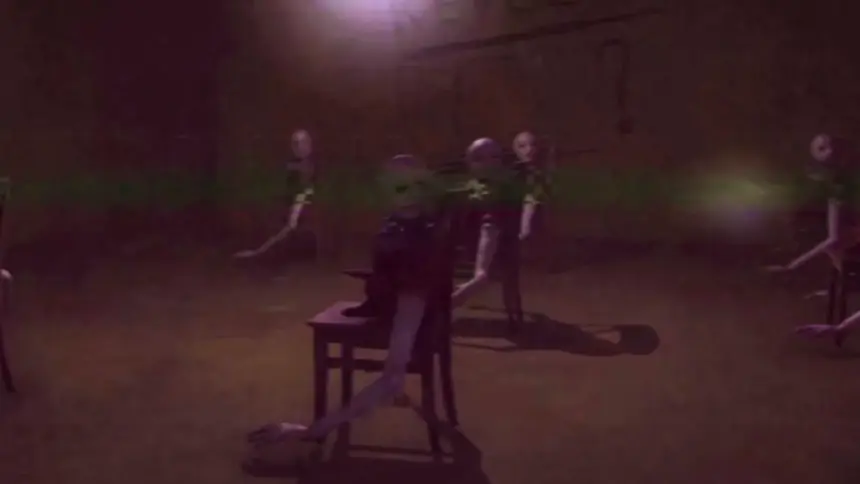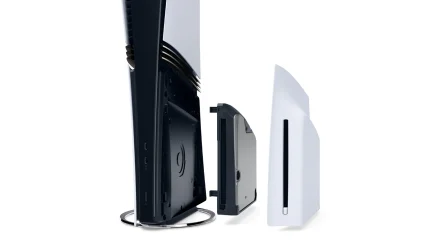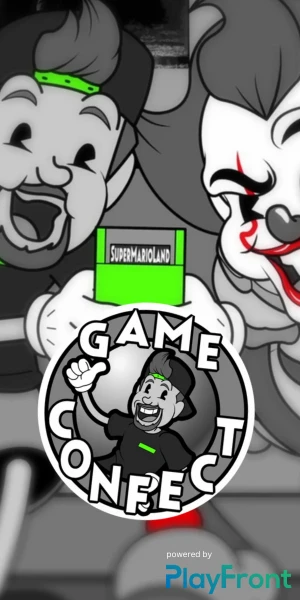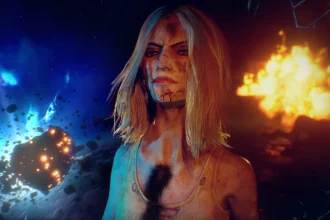There are always horrifying stories of piracy and fraudulent activity in the digital retail space - and the recent incident surrounding the game "The Backrooms 1998" throws an unmistakable spotlight on the loopholes in the PlayStation Store system and the potential risks for developers and players alike. This case not only involved the unauthorized copying of a popular game, but also the way in which these copies were systematically sold as originals until the community intervened.
Incredibly brazen case of piracy
The shock began when the developer behind "The Backrooms 1998″an indie game that was very popular on Steam, discovered that a company called "COOL DEVS S.R.L." had stolen the entire game. The machinations of this company were simply brazen and are anything but new: they took the entire source code of the game, only changing the title to Backrooms Horror Escape and uploaded the copied work under their own name to platforms such as PlayStation and Nintendo. In previous cases, the same developer resorted to Manipulation of the wish lists to place its mostly inferior games prominently.
The whole company would probably never have attracted attention if the legal protection mechanisms and the stores' verification systems had not been so prone to error. Criticism of Sony and the PlayStation Store is therefore becoming increasingly widespread, after the so-called Shovelware was recently caught in the crossfire. While PlayStation reacted relatively quickly and removed the game from its stores, Nintendo initially retreated. What followed was a series of confusing emails from COOL DEVS S.R.L., who apologized "for the misunderstanding" and claimed that it was a "mistake" - as if the theft of intellectual property was a random error in the system.
The role of the community and the consequences for developers
Thanks to the attention of the gaming community and numerous tips on social media, the stolen game was eventually removed from all major console stores. Without public pressure and the active involvement of the community, this brazen act could have gone undetected for years. The developer behind The Backrooms 1998 pressed on Reddit expressed his gratitude for the support and emphasized how important it is to be vigilant as a developer and to defend oneself against such machinations.
At the same time, it turned out that the company COOL DEVS S.R.L. was not only active in this case. It was discovered that the company had several developer accounts and was still trying to place pirated copies of other games in the stores. This highlights the urgency for both console manufacturers and platform operators to raise their security and verification systems to a new level in order to put a stop to such unfair practices.
The gaps in the system and what needs to change
One of the biggest weaknesses highlighted by this incident was the lack of clarity and inefficiency of the refund system. Players who had unknowingly purchased a stolen or counterfeit game had little opportunity to receive a quick refund. This lack of transparency and user-friendly mechanisms for buyers provides a breeding ground for such fraudulent companies.
Another problem concerns the quality assurance of the games released on the platforms. Although the COOL DEVS S.R.L. game appeared to have passed the testing process for PlayStation and Xbox without any problems, this was clearly not enough to verify the identity of the game and its origin. The fact that the games made it into the store shows how error-prone and flawed the system is in terms of protection against piracy. After the previous incidents, Sony should basically have blocked the developer long ago.
Recommendations for developers and players
This case makes one thing clear: piracy is a constant problem in the digital age, and stores need to do far more to improve their security measures. Developers should take measures to protect their games from theft, such as using more robust programming languages and protection mechanisms against code decompilation. Gamers, on the other hand, should always be cautious before buying a game. A thorough check of the developer and the game can prevent them from falling into the trap of fraudsters.
It is to be hoped that this incident will serve as a wake-up call for all platform operators to rethink their security practices and ensure that such brazen pirated copies cannot slip through their screening processes in the future.
If you are interested in the original "The Backrooms 1998", you can find a few impressions of it in our current review.







